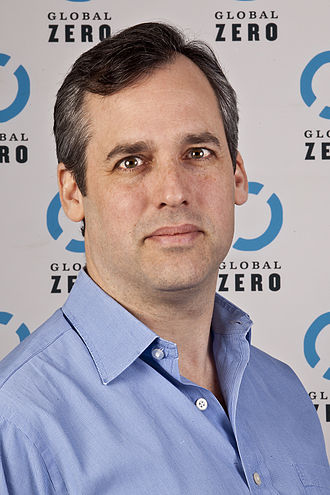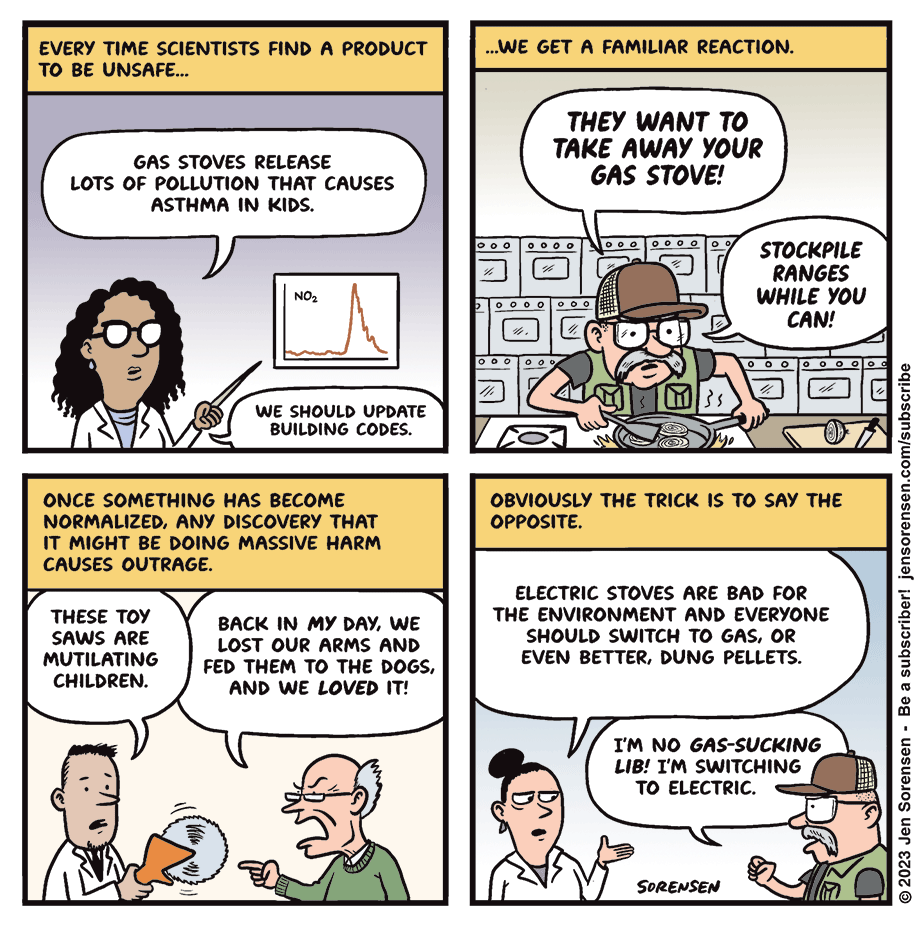Good food, good stats. We need more affordable housing and less Bob Ritacco and Mikey Chambers
By
Will Collette
Chef/owner
of Charlestown restaurant among finalists for prestigious James Beard award
The
annual Beard Award is like the Nobel prize for chefs and Sherry
Pocknett of Sly Fox Den Too is one
of only three RI chefs to
make the final 20 in the competition. Ms Pocknett, a Wampanoag, took over the
old Gentleman Farmer space on Route 2 in 2021 and has been serving regional
Native American food with remarkable creative flair.
Since the pandemic, I haven’t gotten out to restaurants much,
but Progressive Charlestown co-founder Tom Ferrio enticed me to lunch, and I
was very impressed with the taste, quality and value. I had the “Indian
Sammich” and it was delicious. I brought home some Indian Pudding for Cathy who
declared it was the best she’d ever had.
Winners will be announced on June 5 at a ceremony in Chicago.
CRMC takes an unusual vote
In other local restaurant news, Perry
Raso, owner of the outstanding Matunuck Oyster Bar, wants to expand his oyster
farm in Potter Pond in
South Kingstown despite the usual opposition from area Aqua-NIMBYs. There is
general consensus that oyster farming removes pollution from coastal pond water
as well as providing jobs and helping to grow Rhode Island’s “blue economy.”
But Aqua-NIMBYs hate the idea of seeing working people in the
water, spoiling their million-dollar views. The Coastal Resources Management
Council (CRMC) whose approval is necessary, voted uncharacteristically to defer
to agency experts who are reviewing Raso’s revised and scaled down plan.
This decision comes after CRMC decisions, often contradicting
staff recommendations, were defeated in court. All of this comes as part of a
running battle between the Matunuck Oyster Bar and its neighbors after it gained
its well-earned reputation as one of the best seafood restaurants in southern
New England.
Surprising survey results
It’s been an article of faith, particularly among conservatives,
that Rhode Island sucks. The media, especially the Providence Journal and
GoLocal, feed into this by citing endless surveys ranking Rhode Island against
other states.
The survey industry is huge with numerous companies devoted to
crunching numbers and coming up with best and worst listings. One of the
largest is Wallethub. Every workday, I get an e-mail from them with the latest
rankings they’ve devised. Recently, Rhode Island was ranked in several more
unusual categories.
For example, they did a survey of states that did the most
to discourage smoking. In that survey, Rhode Island ranked 4th among the states, behind Connecticut,
New York and Massachusetts. Missouri, Mississippi, Georgia and North Carolina
were deemed the most smoker friendly.
We also ranked the 4th worst
state for driving that
factored in congestion, gas prices, taxes, insurance costs, road quality and
car thefts. We came in behind Hawaii, Washington State and Delaware.
I was pleasantly surprised to see Rhode Island ranked 7th in the category of workers
least likely to quit their jobs. This category was surprisingly divided
Blue versus Red, with Blue states seeming to have the best rates of job
satisfaction while Red state workers were more likely to want to quit – Alaska,
Wyoming and Montana topped that list. The best states for job stability are New
York, Pennsylvania and New Jersey.
Jamestown plans higher property tax credits for volunteer
firefighters
The Jamestown Town Council voted to ask its General Assembly
representatives to secure state approval for a planned
boost in property tax credits for volunteer first responders which is currently $700. The town
wants to raise the credits to $1,000 to $2000 depending on the years of
service.
Jamestown fire chief James Bryer said, “volunteerism is a dying
breed right now, and we are trying to figure out how to maintain it here in
Jamestown.”
Charlestown’s active fire districts (as opposed to FAKE
districts in Shady Harbor and Central Quonnie) suffer chronic shortages.
Charlestown offers no tax incentives to recruit or retain volunteer first
responders. They should, in my opinion.
State education aid would increase to Chariho towns
If Governor Dan McKee’s budget is passed by the General
Assembly, Charlestown
would receive an additional $101,029 in state aid. Hopkinton would get an
additional $622,664 and Richmond’s share would be $613,523.
That’s a total of $1,337,216 of proposed additional state aid
that would go into the Chariho school system.
Major political change goes largely unnoticed
I’ve been watching to see what else might come out to explain
the abrupt
January 3 notice that former one-term RI Secretary of State Matt Brown was out
as both leader and board member of the RI Political Co-op which he founded in 2018. The Co-op
largely recruited and helped to support progressive Democrats to run in
primaries and elections to counter the mainstream Democratic leadership.
The Co-op was also Brown’s launch pad for several quixotic runs
for state office, all of which he lost in spectacular fashion. The Co-op’s
highpoint was the 2020 election that saw eight co-op candidates win. In 2022,
it was a different story as Co-op candidates failed across the state.
In a
twist, new state Rep. Megan Cotter originally started out as a Co-op candidate
in her near successful 2020 effort to unseat Richmond rightwing nut Justin
Price. She dropped her Co-op affiliation for an encore in 2022 and won.
I’ll
update you as more of the backstory comes out, especially as it may affect the
2024 election.
Update on Bob Ritacco
Bob Ritacco ran the Westerly Democratic Party like an
old-fashioned stereotype of a political boss and dominated town politics
despite a record of shady dealings. But his domination came to a decisive close
when he was indicted by a state grand jury on two counts of first-degree sexual
assault (i.e., rape) last April.
He has been out on $20,000 bond awaiting trial. However, the Westerly
Sun reported that he was
supposed to have his pre-trial conference in January, but now that date has
been pushed back to May due to time conflicts.
Charlestown and Charlestownians in the media
Kudos
to Thom Cahir who was interviewed
by public radio’s Ian Donnis and
made these comments about affordable housing:
“Charlestown
Affordable Housing Commission member THOM CAHIR:
The issue of affordable housing in Rhode
Island has been a minefield since the legislature mandated municipalities reach
a 10% threshold 30 years ago. Living conditions should have become fairer and
more equitable, but only disparity and dichotomy remain. Legislation passed at
the end of the session last year was a good start, but with housing costs and
rent so high, and people living outdoors and not enough space to shelter them,
now is the time to bring all stakeholders together to craft something that
allows for more than a "one size fits all" solution. What works in
urban areas caused those of us in the hinterlands to rewrite whole swaths of
affordable housing, zoning and planning ordinances to come into compliance.
Work with local officials to find specific workarounds. Convene the experts to
discuss renovating existing structures in cities, and boosting accessory
dwelling units in the suburbs and rural areas. And most of all, educate the
NIMBY class that their kids can't move back home after college if all they care
about is their property values. Also, citizens need to know that communities
can't thrive without a healthy workforce. I would urge whoever ends up as the
new housing secretary to work with the General Assembly as an opportunity to
enlist every stakeholder to push for every creative idea being explored in
every corner of the state to make housing more affordable. If not now, when?”
Germane to Thom’s point: new
data ranks Charlestown as #14 among
Rhode Island’s 39 cities and towns for fastest growing home prices.
Charlestown’s home prices rose by 8.8% over last year with a typical
Charlestown residence priced at $625,840.
CCA
ideologue Mikey Chambers has returned to his former
role as the CCA’s most prolific commenter and writer of letters. Lately, he has
joined in beating the drum on a couple of favorite new CCA themes: that
Charlestown’s low tax rate absolves the CCA of all crimes and misdemeanors and
that the CCA really and truly loves the town’s staff, especially those who do
exactly what the CCA tells them to do.
Mikey
was particularly worked up over the resignation under pressure of the CCA’s
favorite, Town Administrator Mark Stankiewicz (whose rancid record is detailed HERE).
In a
Jan. 28 comment on the CCA blog, Mikey assumed the mantle of an Old Testament
prophet on behalf of Stanky, writing:
“The people responsible
for forcing Mark out of his job will be judged on their humanity and character
and cannot be absolved from this heinous act unless they publicly come clean.
It is not my place to forgive them this sin, they sinned in public and need to
seek redemption in public."
Holy
shit, Mikey. That’s way over the top even for you. As one of Stankiewicz’s
long-time critics, I am proud of my well-documented challenges to him and to
his CCA masters. I'd do it again in a heartbeat.
CRASH
A
bus carrying Prout
High School’s girls’ varsity basketball team to Chariho High crashed on King’s Factory Road on the way to
the game on January 6. The bus went off the road and hit a tree.
Several
of the young women suffered minor injuries. The driver was charged with several
violations including failure to maintain control and leaving the lane of
travel. He was not charged with hitting the tree, in violation of Charlestown Ordinance 163-10,
“Protection of Trees within public rights-of-way.”
Charlestown
Police Chief Michael Paliotta said investigators
found the driver was fiddling with the GPS at the time of the crash.
EVENTS
Notices
have recently appeared calling for local singers to audition for upcoming
performances at the Chorus of Westerly. This local institution is
looking for singers, young and old, to apply.
 |
| Mark Wilson/Getty Images |
If
you’re looking for something worth picketing, the RI Republican Party has
joyously announced that former Trump strumpet Kellyanne Conway will keynote the
GOP’s March 2nd Lincoln
Day Dinner at the Event Factory in Warwick. Aside from showing a video of
Abraham Lincoln spinning in his grave, you can count on Conway to serve up a
steaming pile of lies for all the MAGAnuts in attendance to swallow up. Click here for more details on the event.
Here's
a sad non-event.
The once annual RI National Guard Air Show at Quonset is “no longer,” according
to Major General Christopher Callahan. The show took a big hit from the
pandemic, but the cancellation now has more to do with logistics including a
$100 million construction project. The show used to draw thousands of
spectators.
:quality(75)/https://static.texastribune.org/media/files/5e748f37fdf57a94d6a9d88eb42dca8a/Migrants_6_RG_TT.jpg)















.webp)
.webp)





.webp)



.jpg/330px-Seth_Magaziner_(1).jpg)



_crop.jpg/488px-Charlottesville_'Unite_the_Right'_Rally_(35780274914)_crop.jpg)